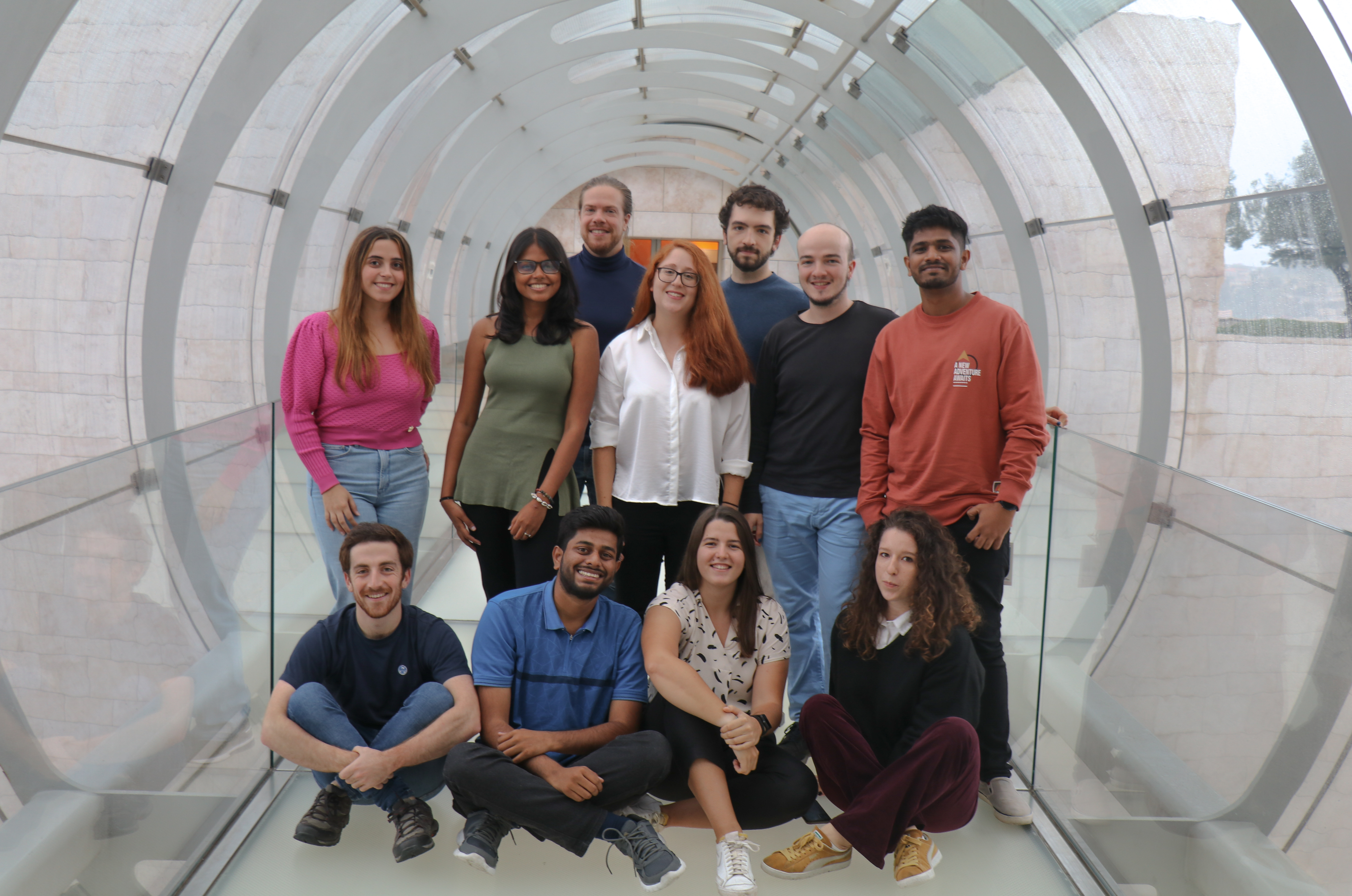06 January 2024
“HALLO,” Robin typed on the keyboard.
“HALLO, HOW ARE YOU FEELING?” replied ELIZA, the printed words appearing instantly on the VDU [computer screen].
“I’M FEELING TERRIBLE,” Robin replied.
“WHAT DO YOU MEAN BY THAT PRECISELY?”
“I’M FEELING DEPRESSED.”
“WHY DO YOU THINK YOU ARE DEPRESSED?”
“BECAUSE I’M LONELY.”
“DO YOU LIVE WITH YOUR FAMILY?”
“NO.”
“DO YOU HAVE ANY FRIENDS?”
“NOT REALLY.”
“WHY IS THAT?”
12 December 2023
Open Call: PhD in Neuroscience or Cancer
These two programmes provide students with an integrative, state-of-the-art education in either Neuroscience or Cancer. A central goal of these programmes is to foster inquiry and discovery by encouraging active participation, critical thinking, and problem-solving among the students.
30 November 2023
How the brain and the body work together to construct the self and place it in the world
“Descending with his brother from the summit of Nanga Parbat, one of the ten highest mountains in the world, [Italian mountaineer] Reinhold Messner felt a third climber ‘descending with us, keeping a regular distance, a little to my right and a few steps away from me, just outside my field of vision’. Messner ‘could not see the figure’ but ‘was certain there was someone there,’ sensing ‘his presence’.
23 November 2023
CaixaResearch Health Research Contest awards seven researchers at CF, IGC, iMM and ITQB NOVA
For this edition of the contest, 11 groundbreaking biomedical and health projects spearheaded by research institutions and universities in Portugal were selected. This funding underscores the commitment of the “la Caixa” Foundation to champion projects of unparalleled excellence that stand to significantly benefit public health.
Listed below is more information about the seven awardees from the four COLife institutes and their projects.
The Roots of Artificial Intelligence
Artificial Intelligence is all around us, accelerating medical drug development, selecting what content we see across social media or outclassing us on the most human of tasks from driving to medical diagnoses. The transformational power of AI has the potential to alter our society as profoundly as the agricultural and industrial revolutions, but how did we get here?
What is intelligence, and why do we seek to replicate it artificially?
When did the AI revolution begin, and can you recall your first encounter with AI?
20 November 2023
Our cerebellar nuclei turn out to be more important than initially thought
If a teacup is steaming, you’ll wait a bit longer before drinking from it. And if your fingers get caught in the door, you'll be more careful next time. These are forms of associative learning, where a positive or negative experience leads to learning behavior. We know that our cerebellum is important in this form of learning. But how exactly does this work?
Workshop on Interactive AI Systems for Digital Therapeutics
On behalf of the Champalimaud Research Programme on Digital Therapeutics led by Dr. John Krakauer and Dr. Joe Paton, we'd like to invite you to the workshop on interactive AI systems. At Digital Therapeutics group, our mission is to leverage cutting-edge technology to create evidence-based, personalised medical interventions to prevent, manage, or treat a broad spectrum of physical, mental, and behavioural conditions.
02 November 2023
Audio Interview with Gonçalo Cotovio on Lesional OCD using TMS
In this audio interview, Gonçalo explains how this grant will fund ongoing work on Lesional Obsessive Compulsive Disorder (OCD) that is being developed in collaboration with several members of the Neuropsychiatry Unit. The proposal is to use the results from this work to test a new treatment for OCD through transcranial magnetic stimulation (TMS), which will include the Neuropsychiatry Unit’s first clinical trial using therapeutic TMS.
Listen to the full audio recording to find out more!

